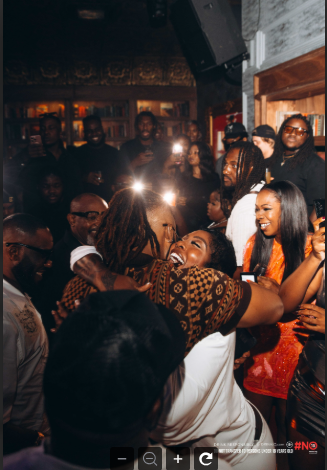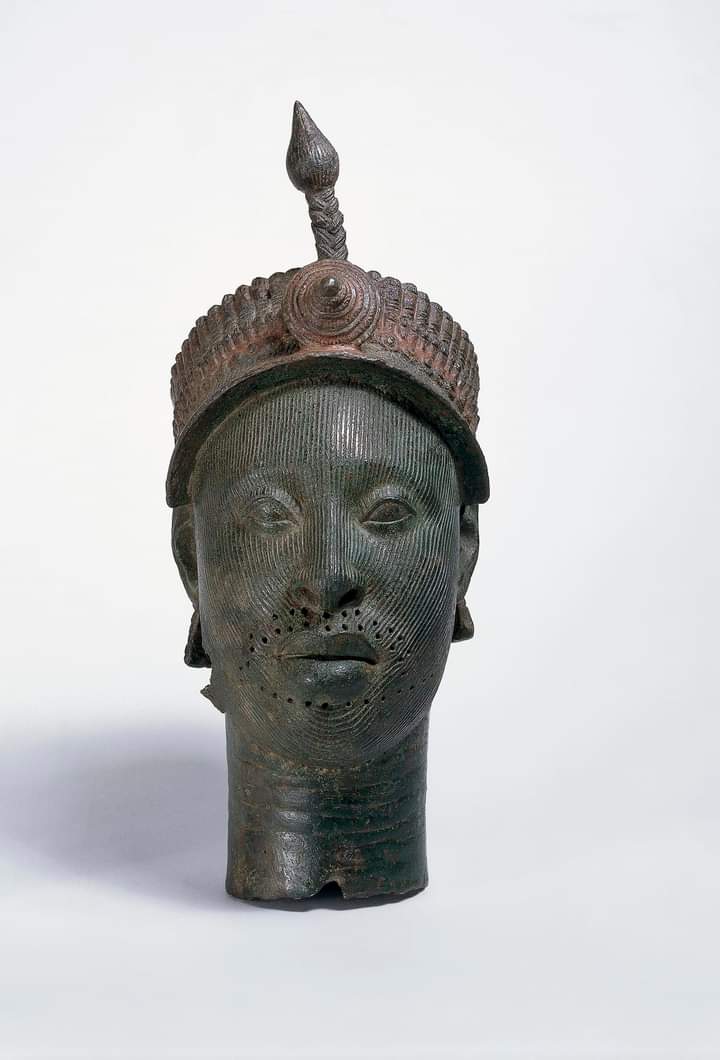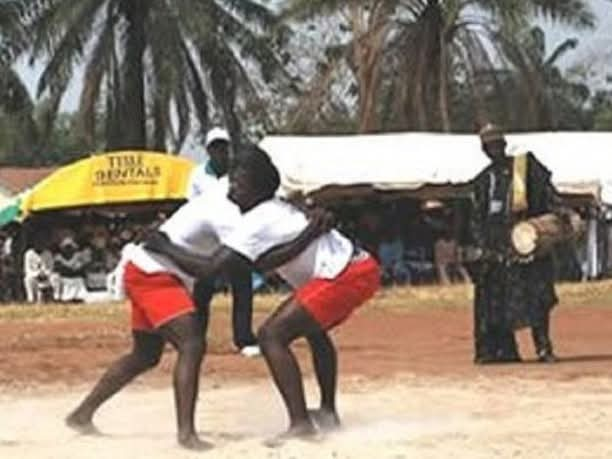HISTORY OF OFFA TOWN
HISTORY OF OFFA TOWN
Offa was historically founded by Olalomi Olofa-gangan, a crown prince from Oyo and a direct descendant of King Oranmiyan of Ile-Ife, around 1395. Olalomi was a renowned hunter, famous for his skill as an archer. The town’s name is derived from the weapons Olalomi used in his hunting activities, specifically a bow and arrow called ÒFÀ in the Yoruba language.
Offa serves as the traditional headquarters of the Ibolo dialect of the Yoruba-speaking people in Kwara and Osun States. The town is well-known for Ìjàkadì (wrestling), which dates back to the 14th century. This cultural festival, which originated around 1498 AD during the Moremi Festival, is believed to have connections with Moremi, who is thought to be from Offa. The festival coincides with the eating of the new yam, where a blindfolded man cuts the yam into two halves in a ritual known as “LA’ARE”. This event gave rise to the saying, “Omo pin re la’are, Ijakadi loro Offa”, a Yoruba phrase meaning “wrestling is our game”.
The history of Ijakadi is said to commemorate a duel between two notable sons of Offa, who wrestled over a tuber of yam in a farmyard. In modern times, Ijakadi has evolved into a symbolic wrestling match between the Olofa of Offa and his second-in-command, the Essa, with the entire town participating by cheering and taking sides.
Ironically, the Olofa usually wins the duel. This serves as a reminder that the Olofa remains the undisputed supreme authority of the town. However, the Essa often offers a humorous excuse for his defeat, saying “suku loyomi,” meaning “it was the corn chaff that slipped me, not the Olofa”—a remark that usually elicits a thunderous ovation from the crowd.
The town’s mascot is the peacock, a prominent exotic bird species in the region. The present-day Offa Local Government Area consists of five wards: Essa, Ojomu, Balogun, Shawo, and Igbo-Idun.




